Discovering New Home Water
By Al James
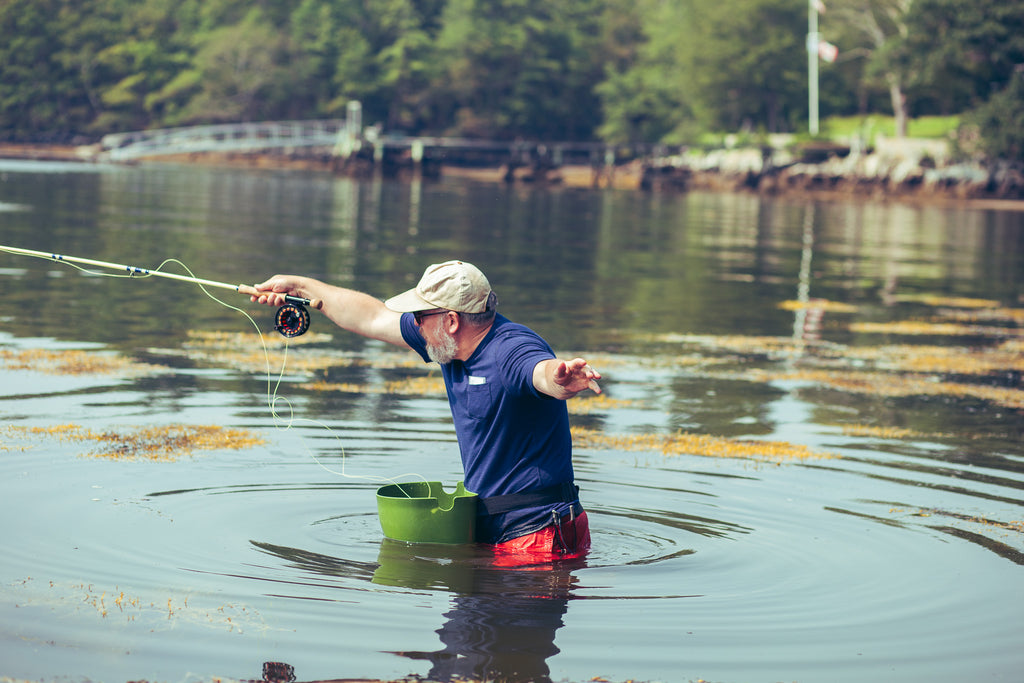
I was born and raised in Oregon. It’s where my hometown is, where I attended college and where I settled for 20 years after graduating. I’ve logged over 40 years there and in every place I lived within the state, I honed my angling skills on my home waters. My waters were made up of trout streams full of coastal cutthroat, broad high desert rivers with redside rainbows, and deep, high flowing coastal creeks that were the thoroughfares for salmon and steelhead.
It gave me immense satisfaction to figure out these home waters—when to fish them, how to fish them, how to avoid other anglers during peak runs. The discovery was all about fishing the same pieces of water during different seasons, getting the fishing feel for a place. I added new watersheds when opportunity arose, but it rarely involved hiring a guide or an outfitter. Most of the knowledge was based on hard-earned experience, rallying a friend or heading out solo, taking a drive to explore a ‘new to me’ spot.
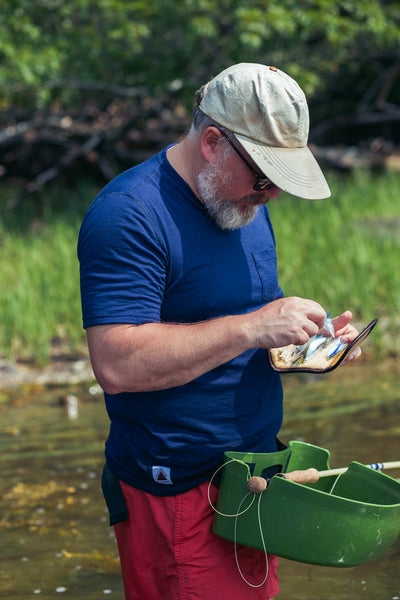 All that changed a few years ago when my family moved to Southern Maine on Casco Bay. I had fished for and caught some striped bass during our visits out to Maine before the move, but as far as home water was concerned, I was starting from scratch and these waters no longer flowed in only one direction. New challenges were added—tides, bait migration, discoloration from river runoff, more extreme shifts in the weather. Add to this, that there are truly hundreds of access points to learn—from beaches, mud flats, rocky outcroppings and river mouths.
All that changed a few years ago when my family moved to Southern Maine on Casco Bay. I had fished for and caught some striped bass during our visits out to Maine before the move, but as far as home water was concerned, I was starting from scratch and these waters no longer flowed in only one direction. New challenges were added—tides, bait migration, discoloration from river runoff, more extreme shifts in the weather. Add to this, that there are truly hundreds of access points to learn—from beaches, mud flats, rocky outcroppings and river mouths. The process unfolded over the springs, summers and falls of the next two or three years. I started at the points closest to where we lived and just went with my instincts. If the water looked good, I’d make the time to fish it. If it didn’t reveal anything, I’d fish it at another tide, another part of the season or another time of day. Some water that initially caught my attention took me at least two years until I actually caught something there. When I did, it was an incredible feeling and that was still just the start, I’d keep fine tuning and tinkering with flies, depth, tides. The occasional single striper morning turned into the regular 3-10 fish before I had to start my work day. It was happening, it was a process, but I was slowly figuring out the puzzle of my home waters.
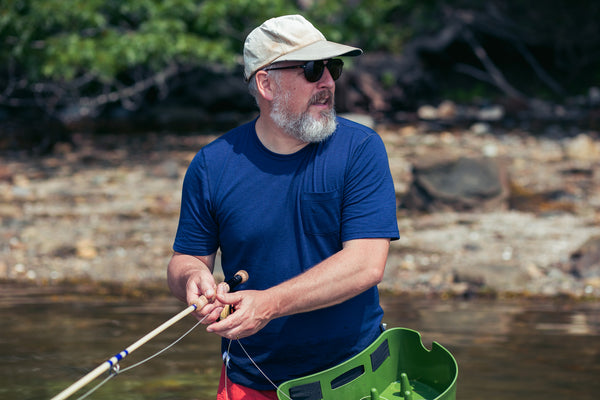
Here’s what I’ve learned in this crash course. With deep knowledge of your home waters and regular time out fishing, you are a legitimate part of the conversation with what’s going on locally around fish population, wildlife, habitat and water quality. With deep knowledge of your home waters, you always have something to share with a new angler, visiting friend or family. If you’re connected to home water, you’re in tune with the seasons, you’re able to anticipate what is coming next. Home water helps you look more closely at the woods, marshes, jetties, beaches and watersheds at your backdoor. Home water is the reason you’re outside, sometimes catching, always fishing, but always learning. It’s the long game—the process that unfolds year after year, season after season—that’s what makes it worth it.
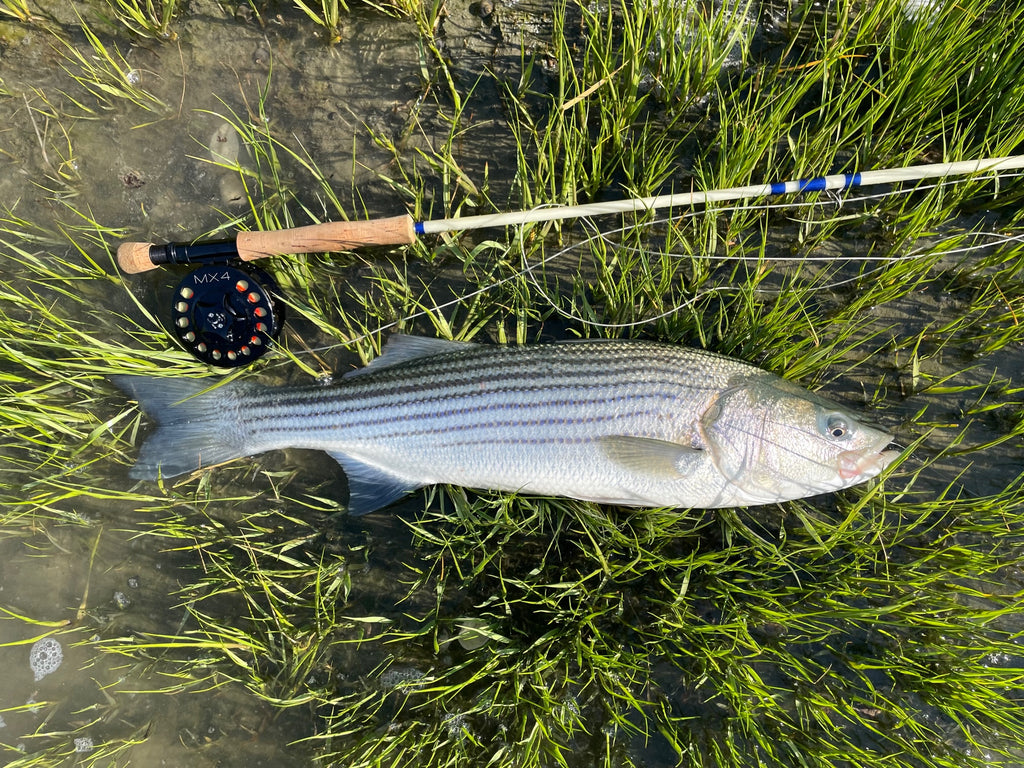
Shop This Post
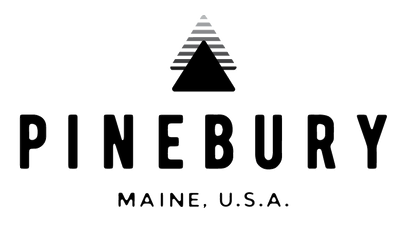



Leave a comment